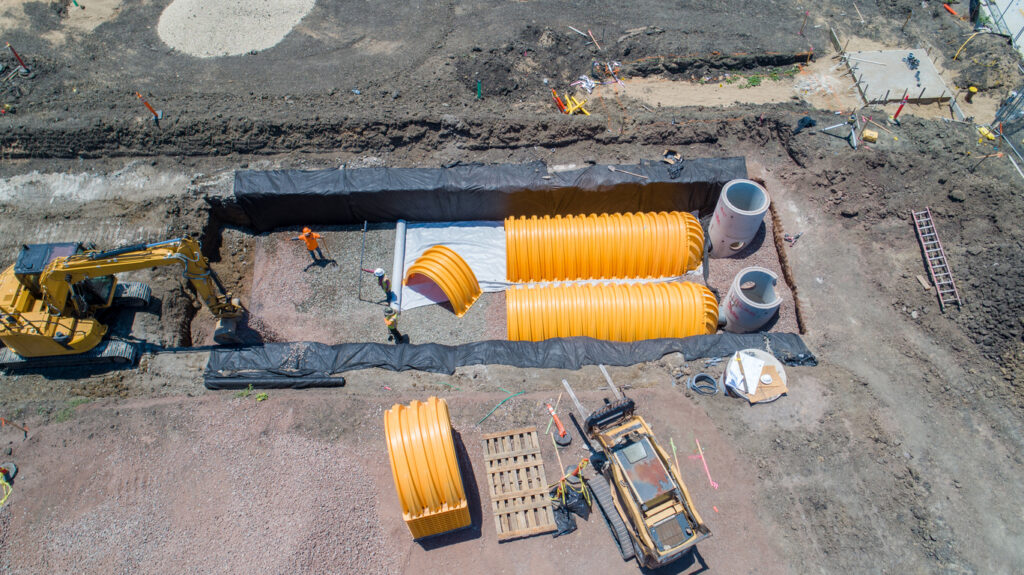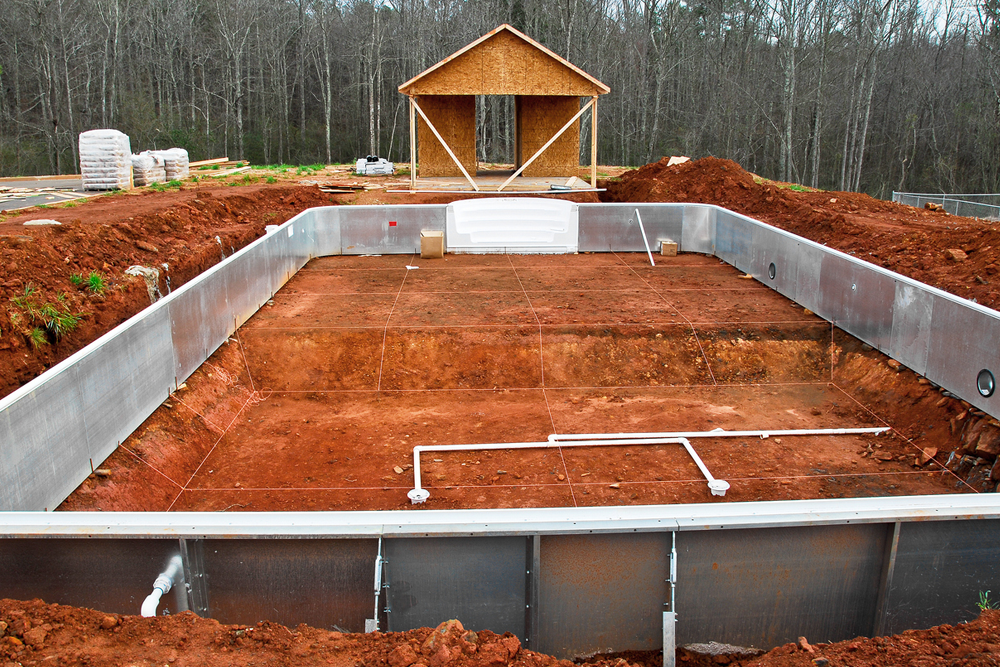The Basics of Stone Masonry Construction
Stone masonry stands as one of the oldest crafts in the construction industry, representing a blend of durability, aesthetics, and cultural significance. We will explore the fundamental aspects of this construction technique, offering insights into why Masonry remains a popular choice of product for many builders and architects today. Our expertise in traditional and modern masonry practices will help demystify the process, materials, and skills involved in crafting structures that stand the test of time.
Understanding Stone Masonry
Stone masonry is the art of creating structures from individual units of stone bound together by mortar. This method has been used for centuries to build everything from simple boundary walls to magnificent cathedrals. The choice of stone and the type of masonry depend on the project requirements and the desired aesthetic effect.
Two primary types of stone masonry are commonly used: rubble masonry and ashlar masonry. Rubble masonry uses rough, irregular stones that are cheaper and easier to find, making it ideal for situations where the finish isn’t a top priority. Ashlar masonry, on the other hand, involves carefully dressed stones with fine, smooth surfaces and uniform shapes, which are laid in precise horizontal rows.
Selecting Materials and Tools
The success of a masonry project largely depends on the quality of the materials and tools used. Selecting the right type of stone is critical; granite, limestone, sandstone, and marble are among the most popular choices due to their durability and workability.
The choice of mortar, which binds the stones together, is equally important. A mix of cement, lime, and sand is typically used, with variations in the proportions depending on the specific requirements of the project and environmental conditions.
In addition to materials, the right tools are essential for efficient and safe construction. Basic tools for a stone mason include chisels, hammers, trowels, and leveling devices. Advanced equipment may include pneumatic drills and mechanical hoists, particularly for larger projects.
Techniques and Workmanship
The craftsmanship in stone masonry is evident in the techniques used to shape, place, and finish the stones. Traditional techniques, such as pitching, chiseling, and pointing, are still in use today, though they may have been adapted to include modern tools and technology.
Pitching involves removing parts of the stone to make it fit within a structure, while chiseling gives the stone a more refined shape. Pointing is the process of finishing the joints between the stones to ensure a tight fit and to prevent moisture from entering the structure.
Our approach combines traditional craftsmanship with modern engineering principles, ensuring that each project not only looks impressive but also meets contemporary structural standards.
Maintenance and Preservation
Maintaining stone masonry involves regular inspections to check for signs of wear, such as cracking, spalling, or dislodgement of stones. Preservation techniques may include cleaning, repointing, and sometimes replacing damaged stones. We advise on the best practices for maintenance and offer restoration services to ensure that masonry structures retain their beauty and structural integrity over time.
Our dedication to excellence in stone masonry ensures that each project we undertake is not only aesthetically pleasing but also robust and sustainable, preserving the art and craft of traditional stone masonry while integrating modern advancements.

VP of Natural StoneMike Gregorio
Latest News

6 Must-Have Concrete Reinforcing Accessories
In construction, boosting and guaranteeing the strength and durability of concrete structures are always a plus. This is where concrete […]

Stormwater’s Buried Structural Plastic Problem
One of the most common solutions to stormwater challenges is big chambers or vaults to hold water. That is when […]

6 Concrete Finishing Tools You Will Need
Getting a smooth, polished, and professional finish on concrete surfaces requires the right set of concrete finishing tools. These tools […]

The Art Of Formwork: Exploring Essential Concrete Form Accessories
Formwork is the unsung hero of concrete construction. It provides the mold that shapes wet concrete into its desired form. […]
